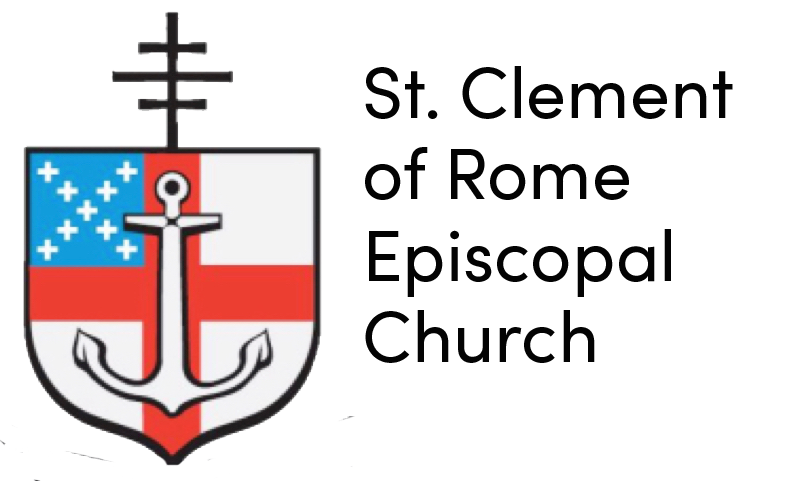The Book of Common Prayer tells us that there are four orders of ministry in the Church: the Laity, Bishops, Priests, and Deacons. All four orders are present at Saint Clement's Church though the Bishop is only present on special occasions.
The ministry of the Laity - the baptized - is to make the reconciling love of Christ known in the world. Priests celebrate the Sacraments - except for Confirmation and Ordination which are part of the Bishop's job, preach and teach. The head priest of a Parish is called the "Rector," an olde English word derived from the word "ruler" as the rector had authority over things spiritual. Congregations financially dependent on the Diocese are called missions whose rector is the Bishop who appoints a "Vicar" to serve (vicariously) in place of the Bishop.
Below is a directory of our clergy and staff - members of one of the four orders of ministry. You're welcome to contact any of them.
Sacristan and Denmother
Mary Morales
Vestry
The term "Vestry" comes from the time when Parishes were administered by the landed gentry. Between them and the Parish Priest, the Rector (meaning "Ruler of things Spiritual") or the Vicar (who served vicariously for the Bishop who was the Rector) the secular and business end of the Parish was tended to. This group met in the "Vestry" or Sacristy of the Church, essentially the "liturgical props" room where the "ornaments" for public worship were stored as well as the vestments for the clergy and lay ministers. Vestries in England became so corrupt that they were outlawed by Parliament in the early 20th Century. Vestries came to this country with Anglican immigrants and have been in existence since then.
sENIOR wARDEN:
Michelle Heyne










